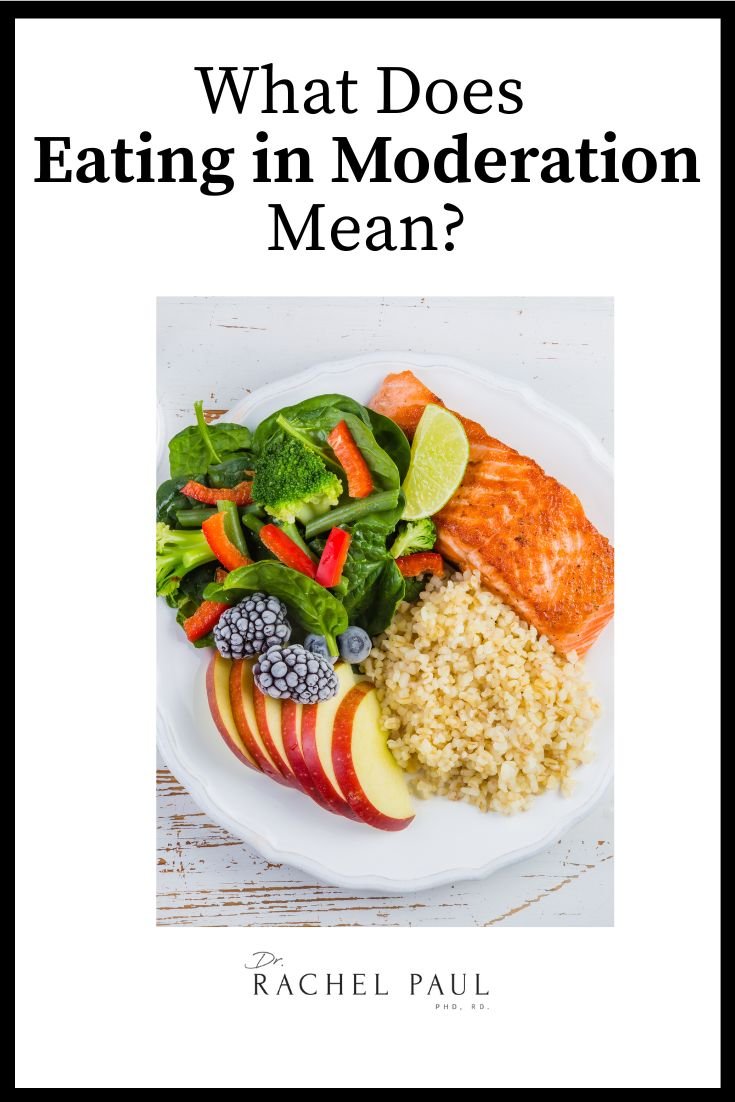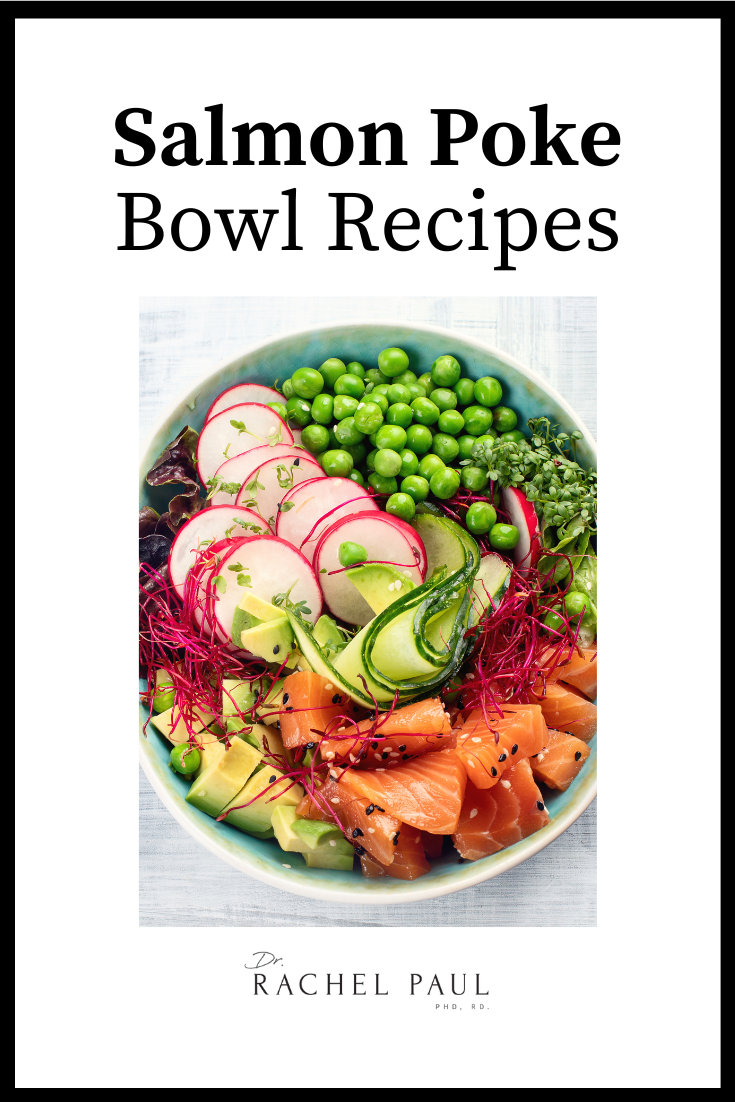
The phrase ‘eating in moderation’ is often mentioned and used, but it doesn’t actually have any specific definition, which makes it ambiguous and prone to misinterpretation.
That’s why I’m dedicating this post to talking about what eating in moderation means and how you can apply it to your nutrition and fitness journeys.
What Does Eating In Moderation Mean?
As eating in moderation doesn’t have a strict definition, a lot of people often get confused by what it actually means and how it relates to their eating habits. So, let’s explain it.
Eating in moderation means you should avoid excessive eating. It basically means you should only consume the amount of food your body actually needs, which means you’re avoiding overeating.
That usually relates to your portion sizes, and paying attention to how often you eat.
It can also be related to having a balance when eating – a balance between healthy food and unhealthy food (aka junk food). That means mostly eating healthy food, but eating unhealthy food only every now and then, which means in moderation (aka not too much).
So, to sum up, eating in moderation means eating as much as your body actually needs, but not more than that, and eating mostly healthy food, but also allowing yourself to eat less healthy foods that you like every now and then.
Now that we covered that, let’s go over some benefits of eating in moderation.
Benefits Of Eating In Moderation
Here are some benefits of eating in moderation and what can happen when you actually start practicing it.
Weight loss
One of the most common benefits of eating in moderation is weight loss, as that is the most common goal people have when changing their diets.
The reason eating in moderation is so good for weight loss is that it allows you to eat foods you like every now and then (those are usually high-calorie foods that aren’t the healthiest, such as junk food, ice cream, etc.), but mostly eating healthy foods (fruit and vegetables, lean protein, healthy fats, etc.), while avoiding overeating – that’s the perfect combination to avoid binge eating, which we all know is the most common reason for not succeeding on your weight loss journey.
So, if you’re trying to lose weight, practice eating in moderation (and increase your activity level), and you’ll be able to reach your goals faster.
When eating in moderation, counting calories isn’t necessary, but if you’re not sure how many calories the food you eat has, and you’re not sure if you’re actually in a calorie deficit (which is the only way to lose weight), you can try counting calories for a while as well.
Weight control
If your goal isn’t weight loss, but weight maintenance, eating in moderation is great for that as well.
Having the right balance and knowing how much to eat is the key to being in control of your weight, without having to obsess over what you’re eating.
Avoiding diabetes (and other health conditions)
A benefit of eating in moderation that isn’t often considered, but is very important, is avoiding diabetes and other health conditions, by having a healthy diet, which eating in moderation allows.
How To Eat In Moderation
Watch your portion sizes
One of the most important things you should do to practice eating in moderation is to watch your portion sizes. A great tip I find useful for that is putting less on your plate. If you finish the plate and you’re still hungry, you can always add more. However, when you put too much food on your plate, you often tend to finish it, even if you got full before eating everything, just because you want to finish your plate or because you’re mindlessly eating.
Eat slowly
Eating slowly is important because when you eat slowly, you chew more. And when you chew more, you digest food better. But eating slowly is also important because it allows your brain to have time to realize when you’re full, so you can stop before overeating.
Plan your meals
Meal planning is a great way to eat in moderation, as you’ll plan out your exact meals and amounts in advance. Plan out all meals – healthy foods, healthy snacks, etc. Include all food groups your body needs, and make sure your meals are balanced. That will help with your healthy lifestyle.
Here are some tips for meal planning for beginners.
















